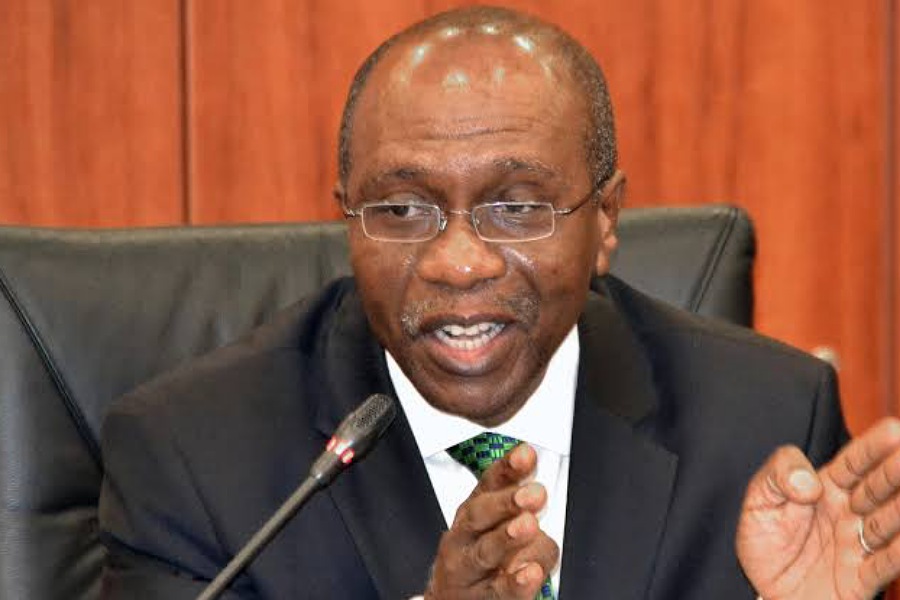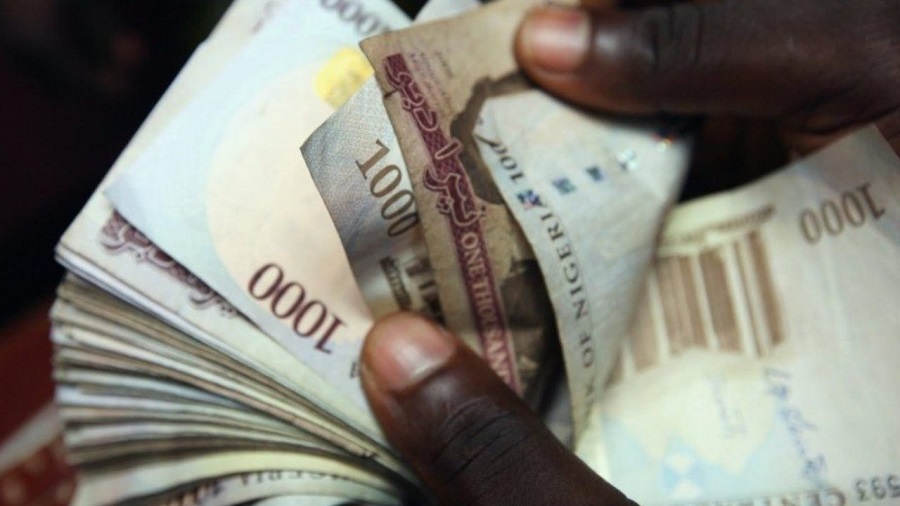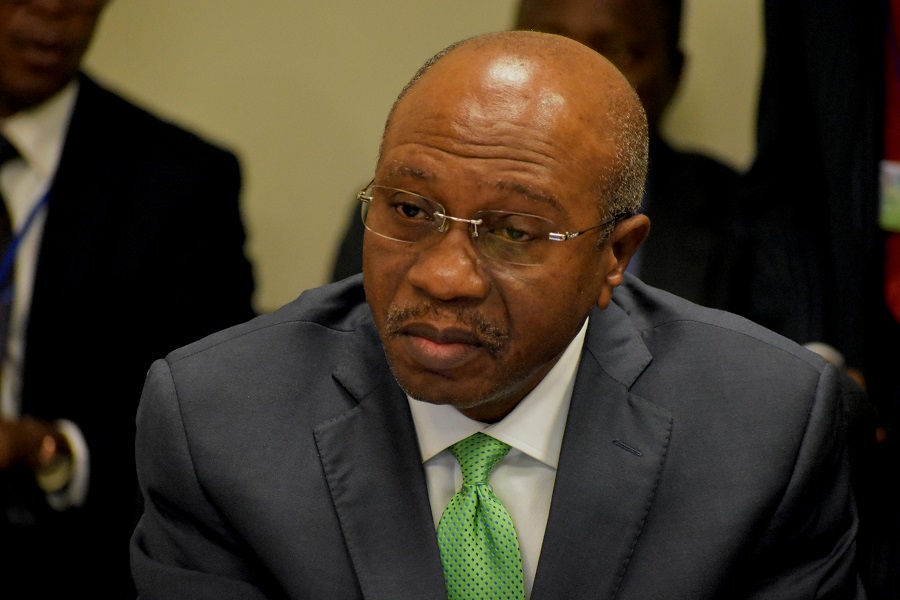The sorry state of lower denomination currencies
It is no longer news that the bulk of lower denomination currencies circulating within our economy are worn-out. The presence of these shabby looking currencies, particularly in a predominantly cash-based economy such as ours, should be a major cause of concern to all stakeholders. The problem of worn-out currencies has long plagued transactions in petty items within our economy.
However, in recent times there has been a noticeable increase in the volume of tattered Naira notes, particularly lower denomination currencies. While this affects all lower denomination currencies in the economy, the N100 note appears to be the worst affected, with a significant quantity of N100 notes in use appearing worn-out.
The circulation of significant quantities of worn-out notes has several detrimental effects which are highlighted in the latter part of this article. It also runs contrary to Nigeria’s ambition to be one of the easiest places to do business in the near future.
The 100 Naira note – a case in point
In the past, 5, 10, 20 and 50 Naira denominations featured prominently among worn-out currencies in circulation in the economy as they were the most commonly used denominations in high volume petty trades. However, in recent times there appears to be a significant surge in the amount of worn-out N100 notes in circulation.
It is my opinion that the increase in these notes circulating in the economy is a reflection of its increased role in facilitating petty trading of some of the country’s commonly traded goods and services. According to the Central Bank, the country has been experiencing double digits food-indexed inflation since June 2015. With food prices rapidly rising, there has been an upward shift in the denominations commonly used to facilitate the trade in petty goods and services, from other lower denominations to higher denominations including the N100 denomination. The reality is that the velocity of the N100 has increased significantly. The knock-on effect is an increased usage of N100 notes.
Why the situation persists
While the increased usage of N100 denomination is a major factor contributing to the increased wearing-out of the N100 notes, it is the alarming failure of a system designed to regulate the quality of notes in circulation that has led to the continued increasing circulation of worn-out currencies.
Why action is necessary
Besides the stain on the country’s image arising from the circulation and continued use of tattered currency notes, there are a number of less subtle consequences of this situation.
Worn-out currency notes may be outrightly rejected as legal tender during exchange for goods or services. The situation where a significant amount of denominations in circulation may be rejected in a transaction calls into question their continued use and acceptability as legal tender. This impedes the exchange of goods and services and may be borne as a loss by currency holders who are unable to spend it.
Another disturbing pattern arising from the growing scarcity of “clean” Naira notes, particularly the N100 notes, is the growth in black market trading of the currency.
Black market traders essentially exchange higher denomination currencies for “clean” lower denomination notes for a fee which is usually deducted at source. The scarcity of clean notes provides an incentive for increasing black market trading. Black market trading has the unfortunate effect of making lower denomination currencies a commodity itself rather than a medium of exchange, promoting hoarding and racketeering.
Scarcity of “clean” Naira notes, particularly the N100 notes, also creates inflationary pressure as sellers and producers tend to round up the prices of goods and services for which acceptable lower denominations may not be readily available. This does not spell well for a country trying to rein in inflation.
A failing currency management system
As with every monetary system, a system exists to regulate the quality of currency notes in the country. Under the current template, the Central Bank of Nigeria has mandated Deposit Money Banks (DMB) to collect worn-out notes from customers at no cost to customers. The banks are expected to remit same to the Central Bank at the rate of N12,000 per box.
However, it is clear that the current system at the very least does not work as it is supposed to. The banks are reluctant to accept them from the customers (or collect to reissue it to another customer) and the Central Bank charges any bank delivering notes for re-issuance a fee.
To be fair, the Central Bank of Nigeria has shown some appreciation of the situation at hand and instituted a number of schemes directed at various stakeholders. On January 2, 2018, the Central Bank opened a three-month window (starting January 2018) for banks to turn-in worn-out 5, 10, 20 and 50 Naira notes (not including the N100 note) at a discounted rate of N1,000 per box. The Central Bank also runs public campaigns encouraging proper use of the Naira and urging users to turn in worn-out Naira currencies to the Bank.
If the success of these schemes were to be measured by the extent to which worn-out denominations are still circulating in the economy, the schemes can largely be adjudged to have failed.
Who is to blame?
There is no shortage of blame about the current situation. The Central Bank has blamed Deposit Money Banks for failing to turn in worn-out notes. Both Banks also blame the manner in which some users handle the Naira for the current situation.
On their part, the banks have bemoaned charges imposed by the CBN for the replacement of notes. It has also been suggested that Deposit Money Banks are mindful of the additional administrative and cost burden of indulging in such activity.
The blame by users depends on who you ask, but it appears that a large number of users see the situation as a failure of the Federal Government and its regulatory agency (Central Bank).
Ascertaining who actually bears the blame for the failing regulatory system is a subject of contention. However, only concrete actions taken to rectify the faltering system can save the dire situation of the N100 note.
Call to action
The bone of contention between the Central Bank and Deposit Money Banks appears to be who bears the cost for the sorting, collation and destruction of worn-out Naira notes.
Without recourse to who should bear the blame, the CBN as the apex financial regulatory body is statutorily tasked with ensuring that the monetary system works with a healthy supply of usable lower denomination currencies to facilitate transactions (CBN Act of 1958).
Also, with a net operating income of N446 billion (2014 financial year), the Central Bank appears to have some legroom to foot some additional costs relating to its statutory mandate. Quite surprisingly, the Bank recorded a 43% Y-o-Y7 decrease in currency issue expense during this period.
We have lost the 50kobo, N1 and possibly N5 denominations to inflation; the Central Bank must act swiftly with unwavering determination to ensure that we do not loss the N100 denomination due to the scarcity of trade-acceptable notes.
This article may as well be seen as a call to save petty trading and secure the livelihood of millions of Nigerians who rely on the healthy circulation of usable low denomination naira notes.
About the author: This article was written by Rotimi Akintade, a tax specialist in one of the Country’s leading FMCGs.
Email – Akintade.rotimi@protonmail.com




















